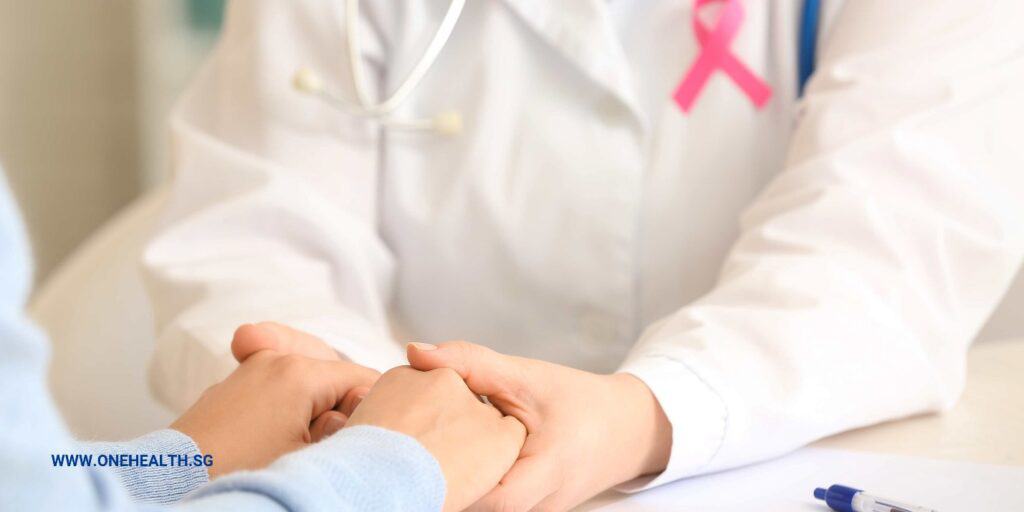Breast cancer is a formidable adversary that affects millions of lives worldwide. While advancements in research and medical care have improved outcomes for breast cancer patients, the battle against this disease continues. Breast cancer awareness is vital to promoting early detection, prevention, and providing much-needed support to those facing the challenges of diagnosis and treatment. In this article, we will explore the importance of breast cancer awareness and the ongoing efforts to empower individuals with knowledge, resources, and compassion.
Early Detection: The Key to Saving Lives
Early detection remains the cornerstone of breast cancer management. Regular self-examination, clinical breast exams, and mammograms are crucial in identifying any abnormal changes in breast tissue. Detecting breast cancer at an early stage significantly improves the chances of successful treatment and long-term survival.
Breast cancer awareness campaigns play a pivotal role in educating women and men about the importance of self-awareness and regular check-ups. By dispelling myths and encouraging open conversations about breast health, these initiatives empower individuals to take charge of their well-being. Engaging medical professionals and community health centers in these efforts further strengthens early detection practices and ensures that those at risk receive timely screening and intervention.
Prevention: A Step Towards a Breast Cancer-Free Future

While early detection is vital, prevention is equally important in reducing the incidence of breast cancer. Emphasizing healthy lifestyle choices can significantly lower the risk of developing breast cancer and other related health conditions.
Encouraging regular exercise, maintaining a balanced diet, limiting alcohol intake, and avoiding smoking are essential components of breast cancer prevention. Public health campaigns that promote these lifestyle changes can positively impact the overall well-being of individuals and contribute to the reduction of breast cancer cases.
Furthermore, genetic testing and counseling for individuals with a family history of breast cancer help identify those at higher risk, enabling them to make informed decisions about preventive measures and screening schedules.
Support: Nurturing Hope and Resilience
A breast cancer diagnosis is a life-altering event that can be emotionally and physically overwhelming. Support systems are critical in helping patients navigate their journey with breast cancer.
Support for breast cancer patients comes in various forms, ranging from emotional counseling to practical assistance with daily tasks during treatment. Support groups offer a safe space for individuals to share their experiences, fears, and triumphs, creating a sense of belonging and understanding. These groups foster a strong sense of community and empower patients to face the challenges of breast cancer with courage and hope.
In addition to patient support, it is essential to provide resources and education to the families and caregivers of breast cancer patients. A comprehensive support network that includes loved ones can greatly enhance a patient’s emotional well-being and resilience.
Advancements in Treatment and Research
Breast cancer awareness extends beyond early detection and prevention; it also drives research and advancements in treatment modalities. Medical breakthroughs have revolutionized breast cancer care, leading to more personalized and targeted therapies.
Investment in breast cancer research is essential to continue the progress towards better treatment options, improved survival rates, and enhanced quality of life for patients. By supporting organizations dedicated to breast cancer research, individuals can contribute to the development of innovative treatments and eventual cures.
Breast cancer awareness is a powerful tool in the fight against this devastating disease. By emphasizing early detection, prevention, and support for breast cancer patients, we can make significant strides towards improving outcomes and fostering a breast cancer-free future. Empowering individuals with knowledge, resources, and compassion will not only save lives but also nurture hope, resilience, and a sense of community for all those impacted by breast cancer. Together, we can continue to raise awareness, advance research, and create a world where breast cancer is no longer a threat to our loved ones.

